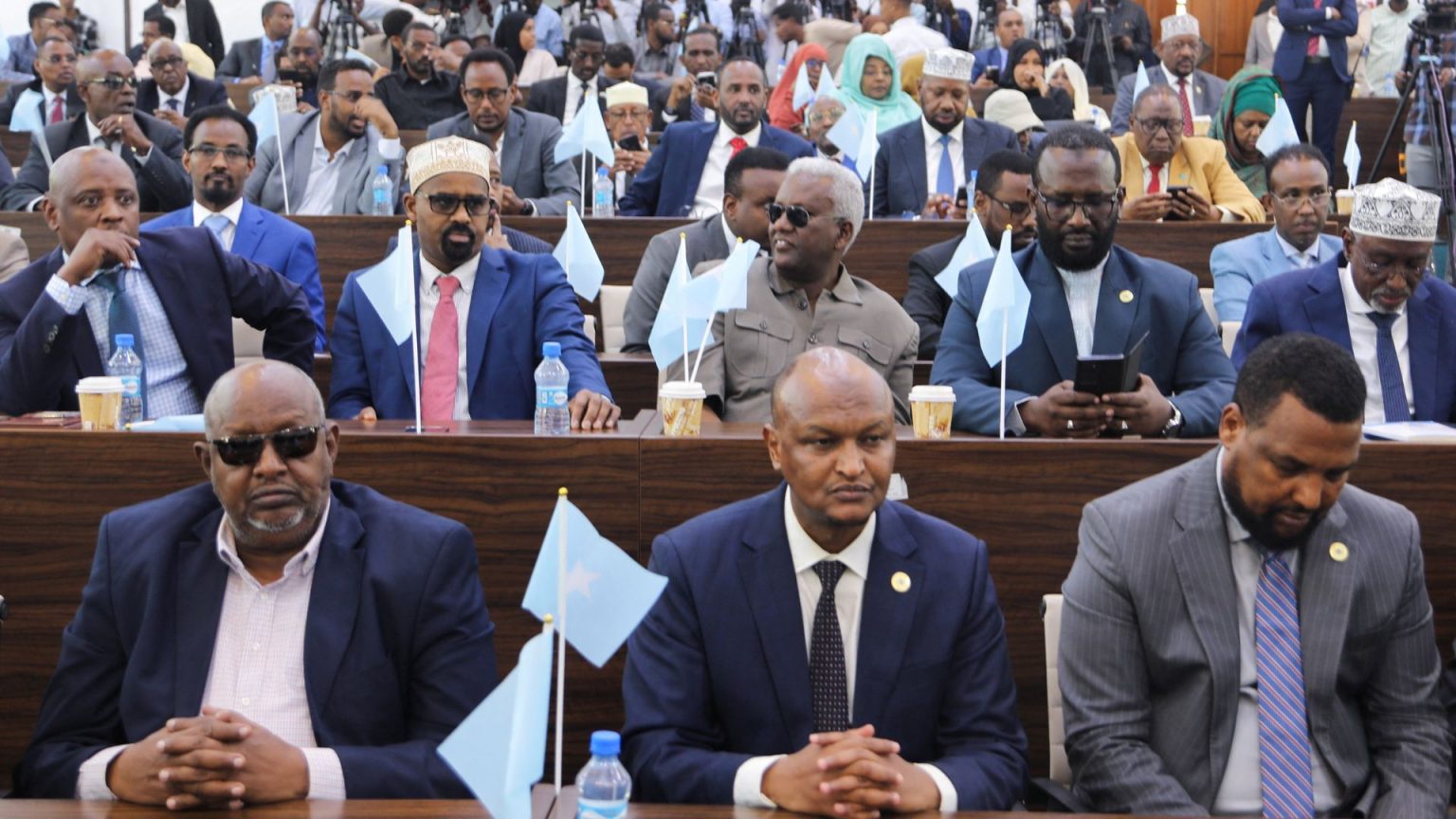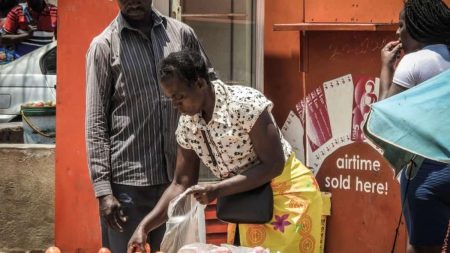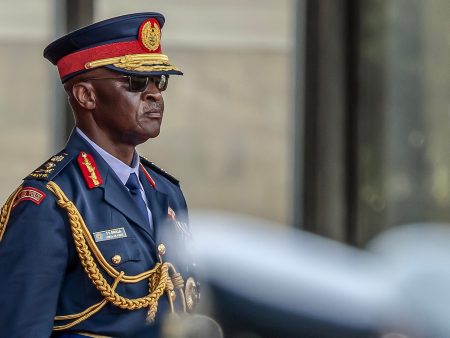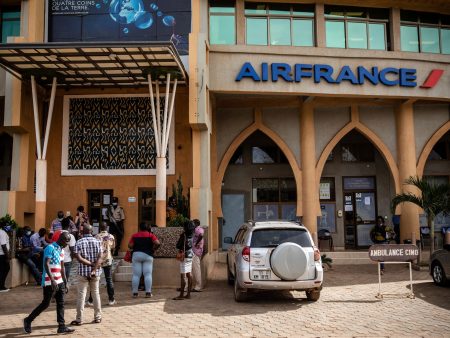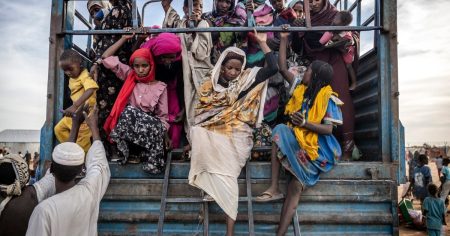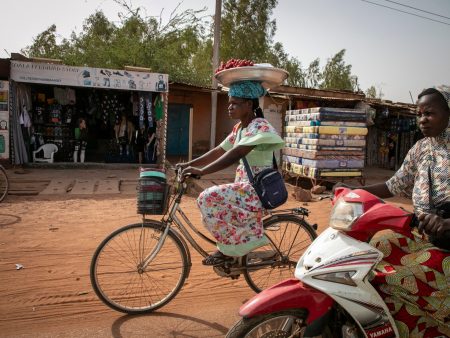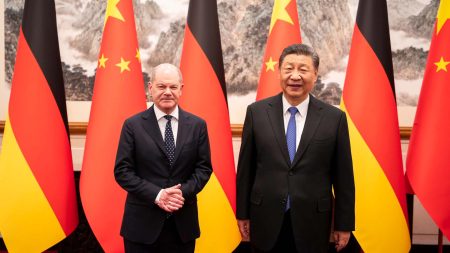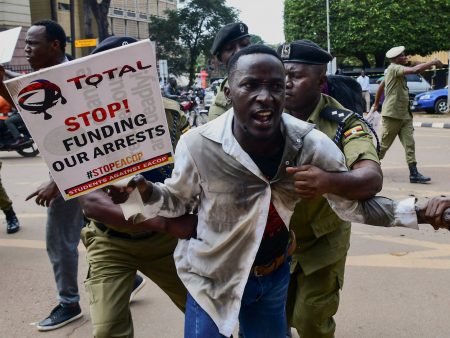President Hassan Sheikh Mohamud has convened a meeting of regional leaders in an effort to address the long-standing challenges facing Somalia. The country has struggled with division for many years, with government leaders in Mogadishu unable to assert authority in various regions. This power vacuum has contributed to a lack of support for Somalis as they endure drought, famine, and insecurity. By bringing together regional leaders, President Mohamud aims to confront these obstacles and work towards a unified Somalia.
One of the main obstacles preventing Somalia from coming together is the deep-seated divisions within the country. Various regions, including Somaliland and Puntland, have asserted their autonomy and resisted central authority. This lack of unity has hindered efforts to establish a functioning government and provide essential services to the population. Additionally, ongoing conflicts and the presence of armed groups have further destabilized the country, leading to widespread insecurity and hindering development efforts.
Another major challenge facing Somalia is the impact of climate change, particularly in the form of droughts and famine. These environmental crises have exacerbated existing problems, leaving millions of Somalis in need of humanitarian assistance. Inadequate infrastructure and limited resources have made it difficult for the government to respond effectively to these crises, resulting in a cycle of recurring emergencies. Addressing the root causes of these environmental challenges will be essential for promoting long-term stability and improving the livelihoods of Somalis.
The lack of centralized authority and governance in Somalia has also contributed to the proliferation of armed groups and criminal networks. These groups prey on the vulnerable population, exacerbating insecurity and hindering efforts to establish the rule of law. The presence of these armed actors further complicates the task of building a unified and stable Somalia, as they often operate outside of traditional government structures. Addressing the underlying political and economic grievances that fuel these groups will be crucial for establishing lasting peace and security in the country.
In order to overcome these obstacles and promote unity in Somalia, it will be essential for regional leaders to engage in dialogue and cooperation. Collaborative efforts to address common challenges, such as security threats and environmental crises, can help build trust and foster a sense of shared purpose among different regions. Additionally, international support and assistance will be crucial for strengthening governance structures and providing the resources needed to address the country’s most pressing issues. By working together towards a common goal, Somalia can begin to build a more stable and prosperous future for its people.
Ultimately, the road to a unified Somalia will be long and challenging, requiring sustained efforts from government leaders, regional actors, and the international community. By addressing the root causes of division and instability, prioritizing the needs of the most vulnerable populations, and fostering cooperation among different regions, Somalia can begin to overcome the obstacles that have held it back for so long. With determination and commitment, there is hope that Somalia can emerge from its current state of crisis and build a brighter future for all of its citizens.





